Southeast Missouri Veteran Becomes Oldest Donor Hero on Record
After a long life of heroic service to his country and community, Mr. Orville Duane Allen and his family made one final act of service – choosing organ donation.
After a long life of heroic service to his country and community, Mr. Orville Duane Allen and his family made one final act of service – choosing organ donation.
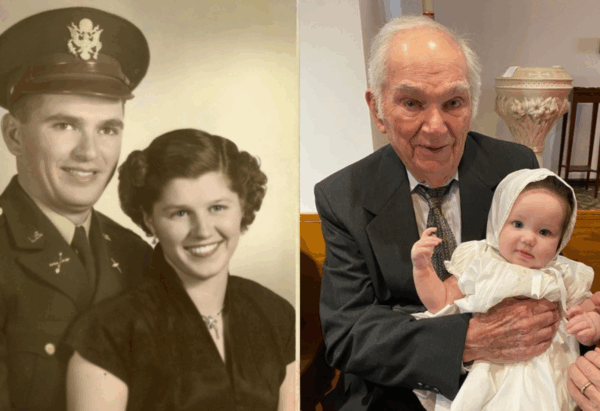

Blog
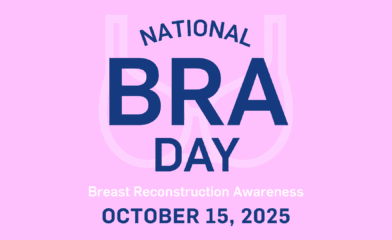
Uncategorized
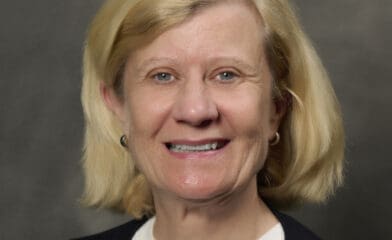
Press Release

Blog

Blog
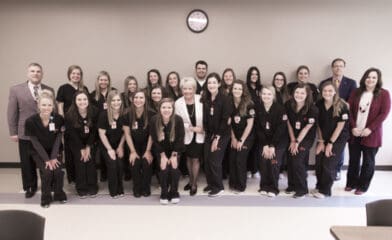
Blog
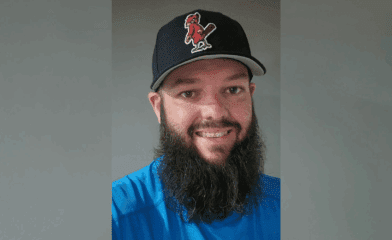
Blog

Blog
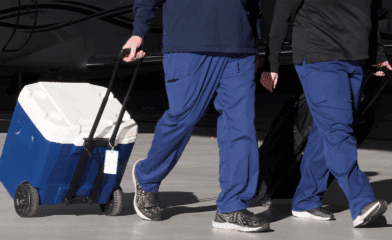
Blog
Behind every donor lies a powerful story of generosity and compassion. Behind every recipient lies a debt of gratitude.
Mid-America Transplant
1110 Highlands Plaza Dr. East